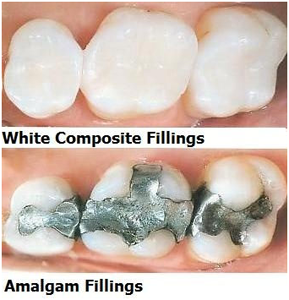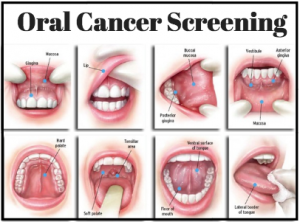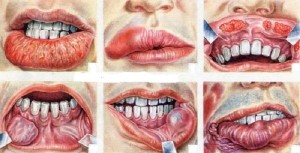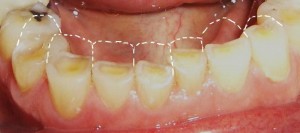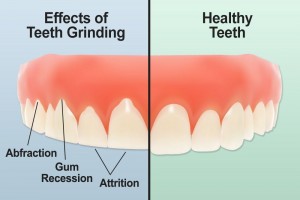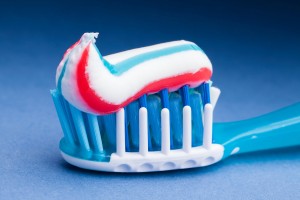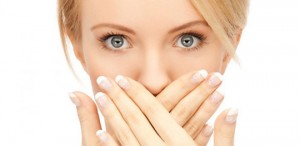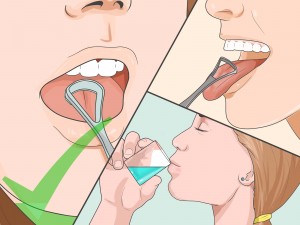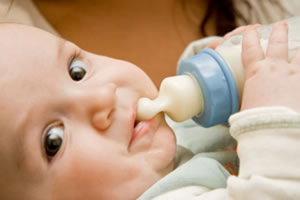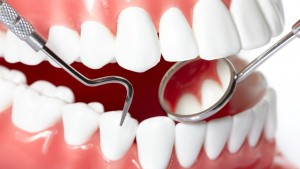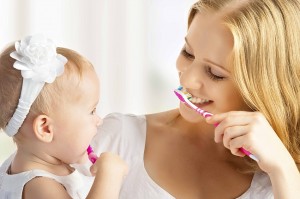
Q- Why do we need toothbrush for brushing our teeth?
The toothbrush is an oral hygiene instrument used to clean the teeth, gums, and tongue and helps in effective plaque removal.. It consists of a head of tightly clustered bristles mounted on a handle which facilitates the cleaning of hard to reach areas of the mouth. Toothbrushes are available with different bristle textures, sizes, and forms.
Q-How many times we need to brush our teeth?
It is generally recommended to brush after every meal. But Twice daily is must.
Q- How to choose a toothbrush?
The size of a toothbrush is important because if the head of the toothbrush is much bigger, then, this might not be able to get into the narrow spaces such as areas in the back of the mouth. A hard toothbrush can seriously damage the teeth and this may even cause the gum line to recede. So a soft toothbrush should be used for efficient cleaning as well as gum health.
Q- Which is better- electrical or manual toothbrush?
Manual toothbrushes and Electric toothbrushes can brush the teeth thoroughly clean if you use them in the proper way.
Both manual and electric toothbrushes come in many shapes and sizes and are typically made of plastic moulded handles and nylon bristles. The most recent toothbrush models include handles that are straight, angled, curved, and contoured with grips and soft rubber areas to make them easier to hold and use. Some people choose an electric toothbrush over a manual toothbrush particularly those who have issues with their shoulders and hands or are suffering from other motor functions.
Q-How to clean the toothbrush?
Thoroughly rinse toothbrushes with tap water after brushing to remove any remaining toothpaste and debris. Store the brush in an upright position if possible and allow the toothbrush to air-dry until used again. If more than one brush is stored in the same holder or area, keep the brushes separated to prevent cross-contamination.
Soaking toothbrushes in an antibacterial mouth rinse after use decrease the level of bacteria that grow on toothbrushes.
Q-Where we Should keep the toothbrush?
Do not routinely cover toothbrushes or store them in closed containers. A moist environment such as a closed container is more conducive to the growth of microorganisms than the open air.
Q-When should we discard our toothbrush?
Replace toothbrushes at least every 3–4 months. The bristles become frayed and worn with use and cleaning effectiveness will decrease. Toothbrushes will wear out more rapidly depending on factors unique to each patient. Check brushes often for this type of wear and replace them more frequently if needed. Children’s toothbrushes often need replacing more frequently than adult brushes. The ADA recommends that consumers replace toothbrushes approximately every 3–4 months or sooner if the bristles become frayed with use.
Q- If we belong to same family, can we share a toothbrush?
Do not share toothbrushes. Sharing a toothbrush could result in an exchange of body fluids and/or microorganisms between the users of the toothbrush, placing the individuals involved at an increased risk for infections. This practice could be a particular concern for persons with compromised immune systems or existing infectious diseases.
Q- How to brush teeth?
You can brush in a circular motion/Fones’ technique or Modified Stillman’s technique.
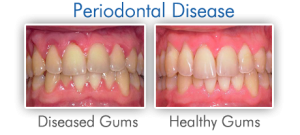 Periodontal Disease Prevention
Periodontal Disease Prevention
